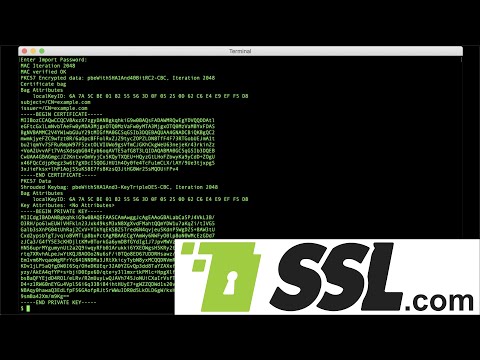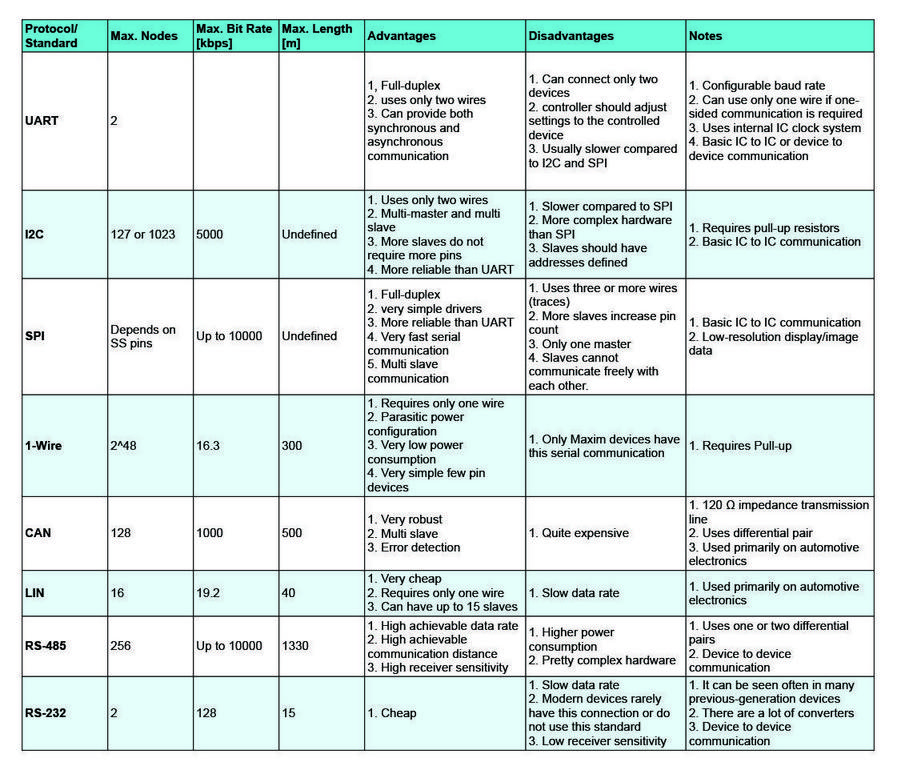
There are many things you should consider when choosing a host for your website. A host should have sufficient resources to support your website, no matter how complex it is. You should look for a web host with high uptime. You should also have plenty of storage, bandwidth, as well as scalability. You should also consider security features such as malware detection and SSL encryption.
Shared hosting is the cheapest kind of shared hosting
This type of hosting is the most basic and most affordable. This hosting option allows many websites to be hosted on one server. All of the sites share the same resources. This means that the bandwidth and space on the shared server are limited. It also has several disadvantages, including the fact that it can be less secure than other forms of hosting.
It's a good choice to start-ups or small businesses because it is the least expensive way to host websites. It has some limitations such as a slower loading website and limited storage. Security and privacy are also issues. There is also a lack in features and resources. Despite these limitations shared hosting is the simplest, most cost-effective way to host websites. A majority of small businesses don't have enough money to buy a dedicated server. However, this can provide greater benefits.
Dedicated hosting costs the most.
Dedicated hosting, also known as virtual or physical server hosting, allows you to have full control over your server. Although this hosting type is more expensive that shared hosting, it provides greater flexibility and performance. It will typically cost around $199 per month or more, and comes with a variety of additional features. Dedicated hosting is best for large enterprises that have high-end requirements.

You have full root access to your server as well as the network it uses with dedicated hosting. You can control what happens on your server and what software is installed on it. You can even create your own firewall and define permission rules. This allows you to protect your data as it should be. This type of hosting is more complex than shared hosting and takes more time.
Uptime
When choosing a host for your website, uptime is an important aspect to look out for. The server's uptime is the amount of time it has been online. It is often represented in percentages. A 99.9% industry standard should be the minimum for any web host. It is important to consider the uptime of the web host as well as the software that powers your website.
Sites that are mission critical can require uptime. A short downtime can have devastating consequences for businesses with millions of monthly users. You can take several steps to ensure high uptime, regardless of the website type. The first step is finding a reliable web host with a high uptime guarantee.
Security
Security measures should be considered when selecting a web host. While most web hosts provide some level of security, you can always request specific features. Ensure that the web host performs regular backups and updates its software to the latest versions. This will help avoid data loss and security flaws. It is important to choose a web host that offers a user-friendly control platform. Hostinger uses the hPanel control panels, which are easy to use and full of features.
Security is one of the most important aspects of web hosting. Without proper security, your site could be vulnerable to identity theft or other serious crimes.

Support
Support is an important aspect of choosing a web hosting company. Some companies offer 24-hour technical support while others operate only between 9am and 6pm PST. While a knowledge base can be beneficial for common problems, phone support is a better choice for more complex issues. Although web hosts are cutting back on phone support, some premium services still provide it.
It is important to consider the infrastructure of a web hosting provider. You should ensure that the web host you choose has the right infrastructure to support your website. It is also important to consider whether the host provides a plan that allows for you to add resources, without having your base plan upgraded.
FAQ
Should I use WordPress, or a website builder
The best way to build an effective web presence is to start small. If you have the time or resources to create a complete site, do so. You might start with a simple blog if you don’t have the time or resources. As you learn to develop and design websites, you can always add new features.
However, before you create your first website you need to set up a primary URL. This will provide you with a point of reference when you publish content.
Can I use HTML & CCS to build my website?
Yes, you can! It's possible! You need to have basic knowledge in web design and programming languages, such as HTML (Hyper Text Markup Language), CSS and Cascading Style sheets (Cascading CSS Sheets). These two languages allow you to create websites that can then be viewed by anyone who has access to your internet connection.
Is web development hard?
Although web development isn't easy, there are many resources online that will help you get started.
It is as easy as finding the right tools for you and following them step by step.
There are many tutorials available on YouTube and other platforms. There are also free online programs like Sublime Text and Notepad++.
Books are also available in libraries and bookstores. Some of the most sought-after books are:
O'Reilly Media, "Head First HTML and CSS"
"Head First PHP & MySQL 5th Edition" by O'Reilly Media
"PHP Programming for Absolute Beginners" by Packt Publishing
I hope this article helped you.
Statistics
- The average website user will read about 20% of the text on any given page, so it's crucial to entice them with an appropriate vibe. (websitebuilderexpert.com)
- At this point, it's important to note that just because a web trend is current, it doesn't mean it's necessarily right for you.48% of people cite design as the most important factor of a website, (websitebuilderexpert.com)
- Studies show that 77% of satisfied customers will recommend your business or service to a friend after having a positive experience. (wix.com)
- It enables you to sell your music directly on your website and keep 100% of the profits. (wix.com)
- In fact, according to Color Matters, a signature color can boost brand recognition by 80%. There's a lot of psychology behind people's perception of color, so it's important to understand how it's used with your industry. (websitebuilderexpert.com)
External Links
How To
What is website hosting?
Website hosting is the location where people go when they visit websites. There are 2 types.
-
Shared hosting - This is the cheapest option. Your website files are stored on a server that is owned by another person. Your customers' requests travel via the Internet to your server when they visit your site. The server owner then forwards the request to you.
-
Dedicated hosting – This is the most expensive option. Your website will reside on a single server. No other websites share space on the server, so your traffic stays private.
Most businesses choose shared hosting because it's less expensive than dedicated hosting. The company hosting the server will provide the resources necessary to manage your website.
There are pros and disadvantages to each option. Here are some key differences between them.
Sharing Hosting Pros
-
Lower Cost
-
Simple to Setup
-
Frequent updates
-
It can be found at many web hosting providers
You can get shared hosting for as low as $10 per monthly. But keep in mind that this price usually includes bandwidth. Bandwidth refers to the amount of data you can transfer across the Internet. Even if you are only uploading photos to your blog site, high data transfer rates can still cost you extra.
You'll soon realize why your old host cost so much once you get started. Most shared hosts provide very limited customer support. Although their techs may help you with setting up your site, it's not a common practice.
A provider with 24-hour telephone support is a good choice. They will attend to any issues you have while you sleep.
Cons of dedicated hosting
-
More Expensive
-
Less Common
-
Requires specific skills
With dedicated hosting, you get everything you need to run your website. You won't have worry about whether your website is using enough bandwidth, or whether it has enough RAM (random-access memory).
This means that you'll spend a bit more upfront. Once you get started with your online business, you will find that you don't require much technical support. You'll quickly become an expert at managing your server.
Which Is Better For My Business, So Which Is Better?
The answer will depend on the type and purpose of your website. If you're selling products only, shared hosting might work best. It's very easy to setup and maintain. A server shared with several other sites means that you will receive frequent updates.
If you want to create a community around a brand, dedicated hosting may be the best choice. Instead of worrying about your traffic, you can build your brand while still being able to concentrate on your business.
Bluehost.com is the best web host for both. They offer unlimited monthly data transfers and 24/7 support. You can also register domain names for free.